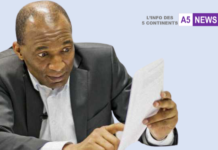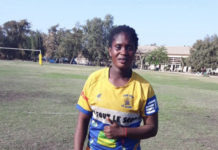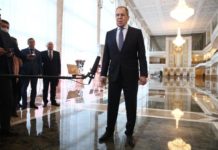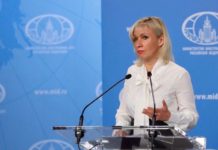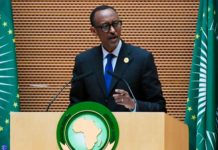BBC Africa Eye investigation exposes the xenophobic groups targeting migrants in South Africa
▌ A new investigation by BBC Africa Eye for BBC World Service delves into the prevalence of xenophobia in South Africa and sheds light on the growing network of anti-migrant groups emerging across the country.
The investigation, titled ‘Fear and Loathing in South Africa’, explores the socio-economic factors and xenophobic beliefs that fuel anti-migrant rhetoric among citizens.
South African lead presenter Ayanda Charlie gained exclusive access to Operation Dudula, an anti-migrant group turned political party in South Africa. The group is accused of vigilantism and promoting xenophobia and hate speech.
The investigation reveals how anti-migrant groups conduct regular patrol operations and raids to forcibly expel migrants from their businesses and homes, often illegally. Some of these videos are subsequently posted on a pro-Dudula website which shows even more attacks on migrants. Some of these videos are subsequently posted on a pro-Dudula website which shows even more attacks on migrants.
The Zulu word ‘Dudula’ means ‘to force out’, which reflects the anti-migrant rhetoric promoted by Operation Dudula.
Several victims of Operation Dudula’s violent raids spoke to BBC Africa Eye. A Nigerian business owner revealed that he was tased by two Dudula members who also destroyed his clothing products, rendering him homeless. He told the BBC, “I’ve never seen a country treat people like this. If I’m doing something illegal, fine. Deport me. But I’m not doing anything illegal. Now you’ve made my life miserable; I can’t pay my rent. I want to leave, it’s too much.”
During a ‘patrol operation’ in Johannesburg, BBC Africa Eye footage shows Dudula members chanting slogans against migrants while attempting to locate a shopkeeper they claim has information about a recent crime. When asked why they are operating these patrols, Operation Dudula member Pumla Mpurwana claimed, “We are trying to ensure that these foreign nationals respect us and that we are protected in our society.”
The organisation also operates a WhatsApp contact line for South African citizens to report migrants occupying RDP housing, which is social housing for South Africans. When they receive a tip about a migrant living in such housing, they send an undercover team to investigate. In one operation, Zandile Dabula, president of Operation Dudula, can be seen instructing an undercover member to remove their Dudula shirt to conceal their identity. She told BBC Africa Eye, “When they see the Dudula t-shirt, they know there’s trouble. So, we don’t want them to be suspicious that there’s an investigation happening. We just want them to provide as much information as they can.”
Critics accuse Operation Dudula of targeting some of the most vulnerable groups in society. Anne Michaels, a campaigner for migrant rights told BBC Africa Eye, “They [migrants] are always on edge for whatever might happen. They would rather go after the most vulnerable and attack them. The migrants vulnerable. They would rather go to them and rattle them, instead of rattling the cages of the guys living in the glass houses.”
BBC Africa Eye also found another anti-migrant group operating in a township called Alexandra, whose tactics and rhetoric are similar to Operation Dudula. Sabelo, a victim of an attack by this group in 2019, said that he was told to leave his home by members of the group, even though he is a South African citizen. He told BBC Africa Eye that they told him he was a foreigner and needed to go. He said, “These people had guns. They were well-armed. When I went to the police, they told me that these people are heavily armed. Don’t take any chances; they will kill you.”
Sabelo now resides in a shack and struggles to provide for his family. He added, “Sometimes it feels as if you are naked and vulnerable. You can just see how inferior you are. You see yourself as useless. It is more than you can bear.”
The documentary highlights how Operation Dudula’s activities and raids are fuelled by xenophobic rhetoric that blames migrants for economic breakdown and crime. Zandile Dabula told BBC Africa Eye that migrants were working on a “20-year plan to take over South Africa.” However, when asked to verify this claim, she admitted that it was a rumour. Zandile added, “It’s a rumour, but the way we see things happening, we believe that this rumour is actually true.“
The documentary explores why locals are joining the movement. Dimakatso, a mother and member of Operation Dudula who provides food to students and homeless youth, claimed that migrants were responsible for her son’s drug addiction, which began at the age of 14. She told BBC Africa Eye, “I hate foreigners, and the government is doing nothing. I wish they would just pack up and leave our country. It’s foreigners who are selling drugs on the streets.”
During an operation in Diepkloof, Dudula members visited a migrant shopkeeper’s home after receiving a tip off from his landlady that he was not paying rent. BBC Africa Eye recorded the moment when the shopkeeper was aggressively pressured into signing a written agreement which would force him to evacuate his property within two months. On camera, a Dudula member told the business owner, “If you are disrespectful to us, we will beat you up. I have a whip right there.”
Operation Dudula’s leadership denies promoting violence. Zandile Dabula told BBC Africa Eye, “In some cases, you need to be really firm. We don’t endorse violence, and we don’t want people to feel harassed. But I’ll tell you that at some point, we really need to push harder because it’s an undeniable truth.”
During their conference in Johannesburg, BBC Africa Eye recorded the moment when Operation Dudula announced that it had become a political party and will contest in elections next year.
Lead presenter Ayanda Charlie said, “I went on this journey to learn more about the kind of people who would join a group like Operation Dudula. Once I met them, I realized that a lot of them are just like the people from back home, people from my neighbourhood, and they struggle with the same things I grew up struggling with. But what’s been disappointing is that these people have taken that pain and created more pain.”

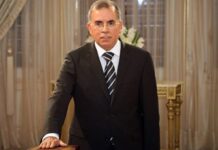
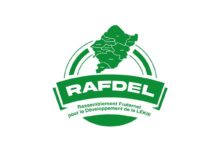
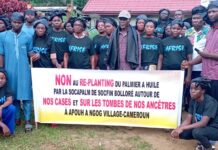
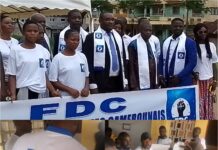

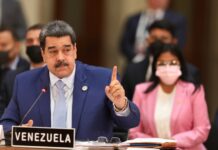
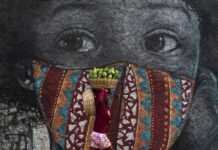

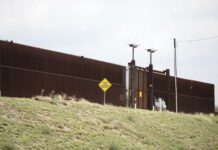
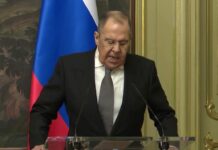
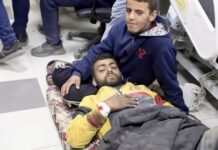
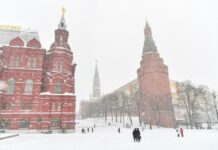



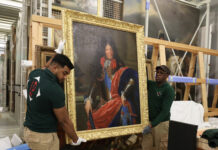
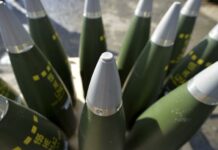
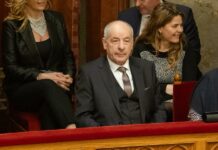
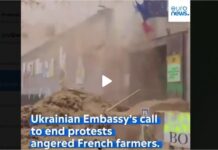
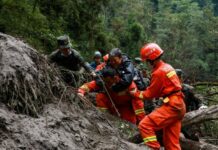
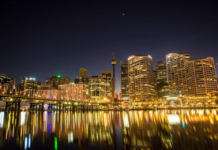
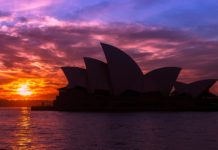
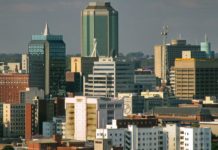

![Le chocolatier suisse Läderach développe une histoire d’amour avec la Chine [ INTERVIEW ]](https://www.afrique-54.com/wp-content/uploads/2023/12/Johannes-Laderach-et-chocolat-e1702548585357-218x150.jpg)
